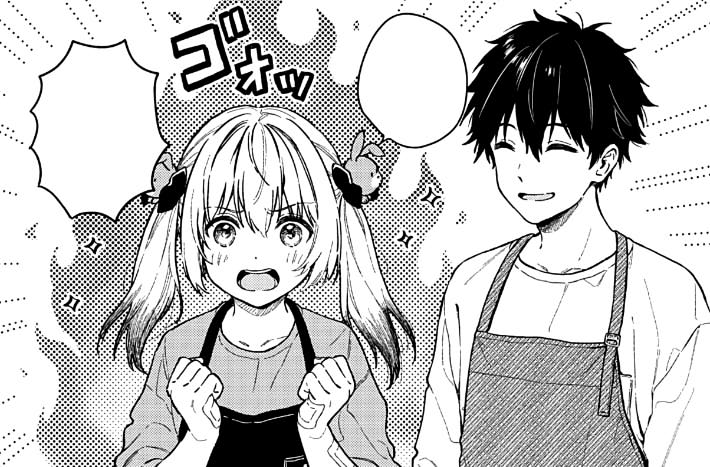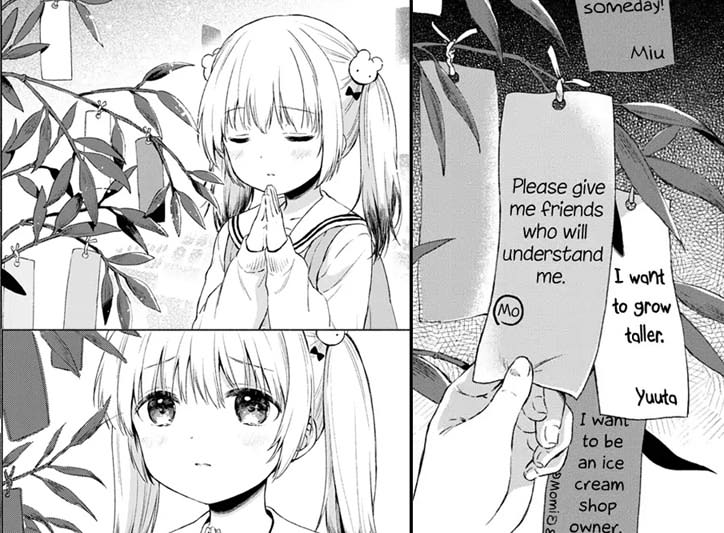trigger warning: necrophilia, gore, age gaps, sexual predation, AIDs, cannibalism, racism
Exquisite Corpse is one of my favourite games. It's the one where you fold up a piece of paper into thirds, and then you and your friends all take turns drawing the head, torso, and legs, without looking at what the other people have drawn, and then you unfold it at the end and have a good time.
Unfortunately, I'm not talking about the game this time, I'm talking about the book written by Billy Martin (who is trans so it was written under his deadname, Poppy Z. Brite, sidenote: Poppy's not a bad name for a man but I digress). It's about four gay men during the AIDs crisis, two of which are serial killers. Andrew Compton, world-renowned serial necrophile, escapes prison after contracting AIDs and faking his death, fleeing from London to New Orleans where the rest of the novel takes place. Jay is our second necrophile serial killer as well as a cannibal, living off of his parent's hefty old-money inheritance. Lucas is a 30 year old writer with AIDs who was previously dating Tran, a 21 year old Vietnamese drug dealer who the author would not stop making awkward fetishistic comments about. They all meet, when worlds collide, etc.
I read this book because it was on NyxFears' top 10 most disturbing books of all time. Going into it, I thought I had a pretty good idea of the kind of disturbing stuff I was about to see, and to some extent that assumption was correct. The book has a lot of really graphic gore cannibalism scenes, descriptions of blood and viscera blossoming into each other, etc. etc., so flowery but disgusting prose basically. This was a major strong point of the book. You were never rolling your eyes at the prose like you would SONIC.EXE or whatever, it was genuinely unique and effective horror prose. The author doesn't shy away from detailing all the internal fluids you'd expect to be spewing out of a person after they'd been treated the way Andrew and Jay treat their "boys". And I do mean all the fluids.
At the beginning of the book, the characterisation seemed strong as well. The motives behind Andrew's and Jay's killings are completely true-to-life explanations of why someone might commit cannibalism - loneliness, neurotisisms, the routine of it being more straightforward than solving your emotional issues in a normal way. Basically for the same reasons any other variant of sexual predator might. Lucas's grief around contracting AIDs was compelling as well, and seeing how he and the other side characters dealt with their grief in different ways was too. I found the first two thirds of the book extremely compelling.
In this book, killing and cannibalising another man seems to be a metaphor for what hookup culture felt like during the AIDs crisis, especially since engaging in necrophilic acts is what leads Andrew to contract AIDs and since the way Andrew talks about his killings (getting one "boy" because you feel lonely, killing him, messing around with him for a bit then discarding him) mirrors how people treat hookups a lot of the time. Just my thoughts though. Either way, it seemed to have enough depth beyond the gore and the prose to make me think, at least at first, so props for that. I guess.
There's lots of uncomfortable age gap stuff in this book that I didn't really like but hey the characters aren't meant to be aspirational, are they? That was something I could kind of let slide since it's in almost all gay media, at least gay media with any sense of realism. What bothers me is I can't tell how the author feels about it. Maybe I'm just naive and I give these schlocky authors the benefit of the doubt, but I was willing to wait until the end to see if Billy could pull it off, even though the subject matter was disturbing. That there was a good heart behind the horror, a person with a point purposefully depicting the terror of AIDs, sexual predation, violence, and violation, in order to make a commentary on them.
However, unbeknownst to me, something sickening was bubbling up out of the pages and pages of blood and shit and questionable political commentary, something which I really couldn't stomach and which retconned my previous understanding of the book. In retrospect, this aspect of the book had a lot of the foreshadowing but I could never have predicted how major this element of the plot would be until I had read the entire thing:
Racism. The author is so fucking racist.
At first, I didn't think much of it. I assumed it was a character thing and not an author thing and the author was just giving Jay a fetish for Asian men for some reason. After all, he is literally a white sexual predator living off of an inheritance obtained through slavery. Then more little comments started popping up about androgynous Asian boys being extra cute or something from side characters to Tran himself. Then some of the side characters start calling Lucas a "rice queen" prompting him to go on a rant about how Asian boys are extra cute (especially when young) or something. At that point, I was thinking, "Okay, so this author's deifnitely a little racist and fetishy about Asian men, but so far Tran is written pretty empathetically, so surely it's going to remain a background element, right?"
Cut to the end, and boy was I fucking wrong. Basically, Andrew and Jay end up dating each other and kidnapping Tran so Andrew can get his first taste of human flesh. Tran manages to escape for a bit for the sake of plot contrivance, running around naked in the street with a major head injury when he gets picked up by the cops and Jay and Andrew have to try and convince them to hand him over. I knew things were going south when Billy introduced his first black character, the only black character ever mentioned in the entire book, exclusively so he could get harassed by police when he tries to intervene in Tran's kidnapping, so Billy could have one of the cops say the n-word. He didn't even name him, I think he literally just added that so that he could write a racist slur into the book without technically saying the n-word or some shit.
It only gets worse from here. Immediately following this, Jay successfully bribes the cops to let Tran come home with them. Andrew and Jay have Tran strapped down to a table or something and they've begun torturing him. Meanwhile, Lucas is scaling walls and such because Jay's rich boy house is maximum security, and it looks like the book is gearing up for the climax, every major character's path converging.
The torture scene with Tran is very sexualised. Unsurprising, right? The whole point of the book is pretty much to sexualise these kinds of things. Pretty part and parcel. However, there's an important difference between this scene and the ones proceeding it: in none of the other torture scenes do we get to see the torture from the receiving end. We get to hear about the gruesome final moments of Andrew and Jay's respective victims and the sexual feelings they project onto their victims "submission" to them, but we assume that's not what the author actually thinks it's like to be on the receiving end of such torture.
In Tran's torture scene, we get to hear about how ~his sexy frail Asian boy body submitted to the older white men~ but in more flowery terms obviously. We get his perspective and it's no longer an empathetic one. It's the kind of pained but receptive attitude you'd expect from cheezy fetish porn and not from a 200 page novel. Lucas comes in at the final second, but he's too late - Tran, his lover NINE YEARS his junior, has been mutilated. He ends up killing Jay and then both him and Andrew go their seperate ways I guess.
To add insult to injury, the epilogue contains a poetic detailing of how Tran's and Jay's bodies decomposed together, romantisising how this poor vulnerable homeless Asian boy was violated by three much older racist "rice-queen" Asian-fetishising white men and is now decomposing alongside one of them.
This left a bad taste in my mouth (LOL) and ruined the entire book for me. It was so compelling up until that point, gripping. It seemed so wellwritten, not without its flaws but without flaws that fundamentally ruined the entire story. It seemed like it had a point. When it ended like that, I realised that the book was essentially just an excuse for the author to be edgy and get off to the idea of torturing ~sexy androgynous Asian boys~. It was essentially slightly denser snuff porn pulp garbage.
It genuinely seemed as if the author was just padding the rest of the book with edgy bullshit as build up for his lame as fuck racist rape torture scene. Especially since after Tran dies, the book is basically over. Nothing interesting happens past that point, aside from the shit in the epilogue. Lucas is basically like, "Welp, guess my boyfriend's dead" and Andrew's like, "Guess my boyfriend's dead" and then they both get bored and piss off. There's a couple lines about Lucas having electric energy the likes of which Andrew's never seen, but it is pretty much just padding. It ended when Billy got the post-nut clarity and realised he had run out of minorites to violate.
It's graphic but it's only offensive in the sense that it is offensively disappointing. There's nothing novel about sexual predators, they are literally everywhere. There's nothing novel about romantisising sexually predatory behaviour, because that is the norm. It would have been more surprising to see an empathetic, not just sympathetic, look into how it feels for TRAN to be CONSTANTLY VICTIMISED by those around him, and I can't believe I gave this asshole the benefit of the doubt that he might take it in that direction.
Ultimately, Exquisite Corpse suffers from most of the same problems Kaze To Ki No Uta does; it's shallow. It's aesthetic qualities are top notch but it has nothing new or interesting to say about the disturbing topics it covers so it just regurgitates wholesale the kind of exploitative abuse apologism shit you see everywhere else. Don't waste your time reading this shit.



